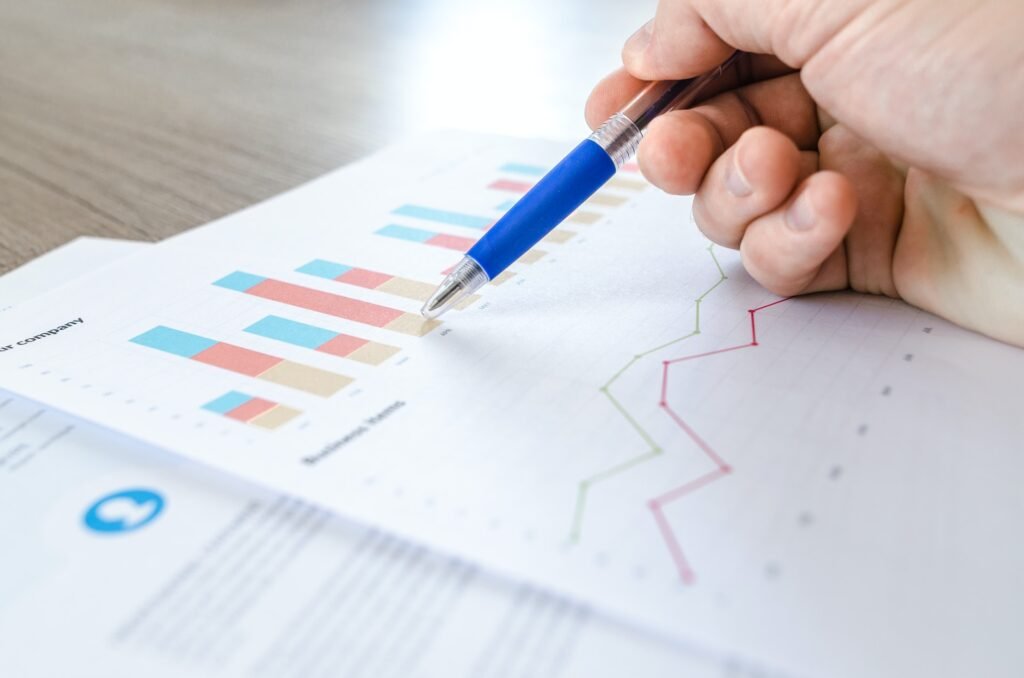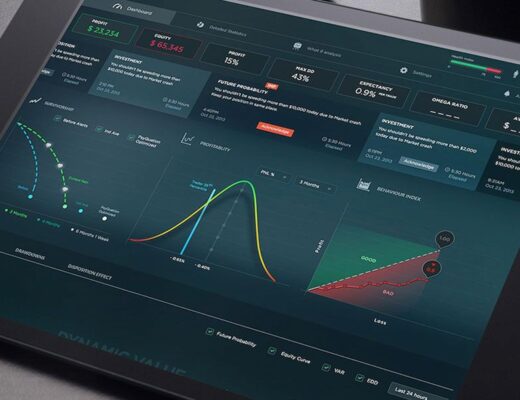A contract-for-difference is a comparatively modern trading method that enables low-capital traders to exchange costly assets such as securities, commodities, precious metals, etc., with leverage. Traders will diversify their holdings using CFDs to invest in a broader range of securities. Trading CFDs, though, still has positive and negative implications, which is why we have come up with this post. To see what you need to do about these markets, we would bring CFD trading and Forex trading head to head.
Are Forex trading and CFD trading similar?
The high level of volatility is the first need to understand CFDs, especially those that are focused on stocks. Before agreeing to leap in and participate in CFDs, you need to consider how to trade in a competitive environment. So it is linked to the first weaker component of CFDs. Traders who are reluctant to make decisions can stick to Forex dealing in conditions that shift rapidly.
In conjunction with this factor, you need to change the risk management framework. It may be tricky to trade in volatile markets, especially if you are beginning and have little or no experience in this area.
Some people claim the forex sector is the world’s most volatile market. Let me ask you this: Why would it be so dangerous for a market that fluctuates one percent a day?
There have been occasions when uncertainty in the forex sector has even spiked, but these cases are quite unusual. Since the underlying assets are more unpredictable, CFDs bear a high degree of risk. Imagine that a stock will quickly decrease 10% in a day. If you still use leverage, you can be wiped out of the business with the step.
If we consider this factor, CFDs are much more volatile than Forex. That doesn’t mean that you have to flee from them. Simply because the hazard is larger does not make an asset less desirable.
However, liquidity is also important. In financial trading, liquidity refers to the flexibility to be bought and sold by asset class holders without creating a drastic price increase. It’s a characteristic of the operational volume of the asset. It seems that wide-traded funds are highly liquid. On the other side, persons who are seldom traded are often illiquid, and you can have many difficulties swapping them.
Liquidity is never an issue in Forex trading. You can be assured that your orders can always be full, with more than $5 trillion in currencies being traded and transferred every day. The overly liquid company life ensures that while shopping, you also have to balance a seller.
You need to change your trading strategies and risk management model to help you produce income in this kind of setting because you can have the appropriate resources. The most crucial factor is schooling, so make sure you learn the assets you intend to sell before finally doing it.




